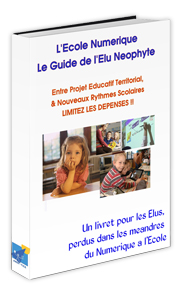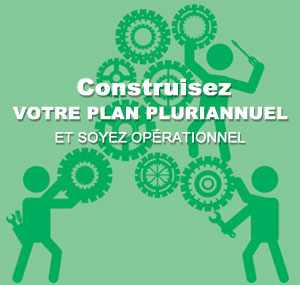In the ever-evolving world of education, where information streams perfectly and accessibility to expertise is just What is the meaning of this quote « One day this forest is worth a thousands golden nuggets. » a click away, student-driven encyclopedias are becoming a vibrant tool in the knowing process.
These systems not only give trainees with a repository of details but additionally urge them to add, edit, and curate material, promoting a collaborative and interactive knowing atmosphere.
As academic standards change towards more participatory and inclusive designs, the idea of student-driven encyclopedias embodies this change. These systems encourage trainees to end ask and learn q&a up being active individuals in knowledge production, linking the void between standard textbook knowing and modern-day electronic resources.
The Concept of Student-Driven Encyclopedias
Student-driven encyclopedias are digital platforms where pupils jointly gather, verify, and disseminate details on a broad selection of subjects. Unlike conventional encyclopedias, which are commonly written by experts, these platforms leverage the collective efforts of trainees to develop an extensive body of knowledge.

At their core, student-driven encyclopedias are developed to grow crucial thinking, research abilities, and digital literacy among trainees. By participating in the procedure of material production, students discover to navigate and evaluate info critically, skills that are important in today’s information-rich society.
In addition, these platforms serve as a space for trainees to discover their passions and share their proficiency. This autonomous method to knowledge development makes sure that a varied range of point of views and voices are stood for, enhancing the learning experience for all participants.
- Students obtain hands-on experience in research study and web content development.
- Encourages cooperation and peer interaction.
- Advertises a much deeper understanding of subject.
- Fosters inclusivity and diversity in expertise representation.
Essentially, student-driven encyclopedias change students from easy recipients of details into active factors, instilling a sense of ownership and responsibility in their academic journey.
Advantages of Student-Driven Encyclopedias
Among the major advantages of student-driven encyclopedias is the development of crucial 21st-century abilities. As students take part in the process of material creation, they sharpen their crucial thinking, electronic literacy, and communication abilities, all of which are important in today’s interconnected globe.
Furthermore, these platforms motivate a collective learning environment, where pupils can work together to confirm information, dispute different perspectives, and co-edit articles. This peer-to-peer communication not only enhances finding out results but additionally cultivates a feeling of area and common regard amongst pupils.
In addition, student-driven encyclopedias offer a system for showcasing trainee job. As trainees contribute to the encyclopedia, they develop a portfolio of their study and writing, which can be very useful for more academic and specialist searches.
Challenges and Limitations

In spite of the countless advantages, student-driven encyclopedias additionally deal with particular difficulties. Making sure the accuracy and dependability of info is critical, as these platforms count on contributions from trainees who may not yet have expert-level expertise.
- Maintaining material quality and accuracy.
- Offering appropriate supervision and guidance.
- Making sure equitable access and inclusivity.
To minimize these obstacles, numerous student-driven encyclopedias execute a system of checks and balances, where material is reviewed by teachers or experts before magazine. This makes sure that the details provided is both accurate and reliable, upholding the honesty of the system.
The Future of Student-Driven Encyclopedias
As technology remains to advancement and the landscape of education and learning develops, the possibility for student-driven encyclopedias is substantial. These platforms have the capability to not just enhance conventional educational resources however likewise redefine the method knowledge is obtained and shared.
In the future, we could see student-driven encyclopedias incorporating advanced innovations such as artificial intelligence and artificial intelligence to improve material curation and personalization. Furthermore, they may increase beyond textual information to include multimedia content, using an extra immersive learning experience.
Encouraging the Next Generation
Student-driven encyclopedias hold the guarantee of empowering the future generation of students. By putting trainees at the helm of understanding development, these platforms urge long-lasting understanding, inquisitiveness, and intellectual freedom.
To conclude, as educational systems remain to introduce, student-driven encyclopedias stand as a testimony to the power of cooperation and the importance of trainee firm in the knowing procedure. By embracing these platforms, we unlock to a more comprehensive, interesting, and dynamic educational experience for all.




